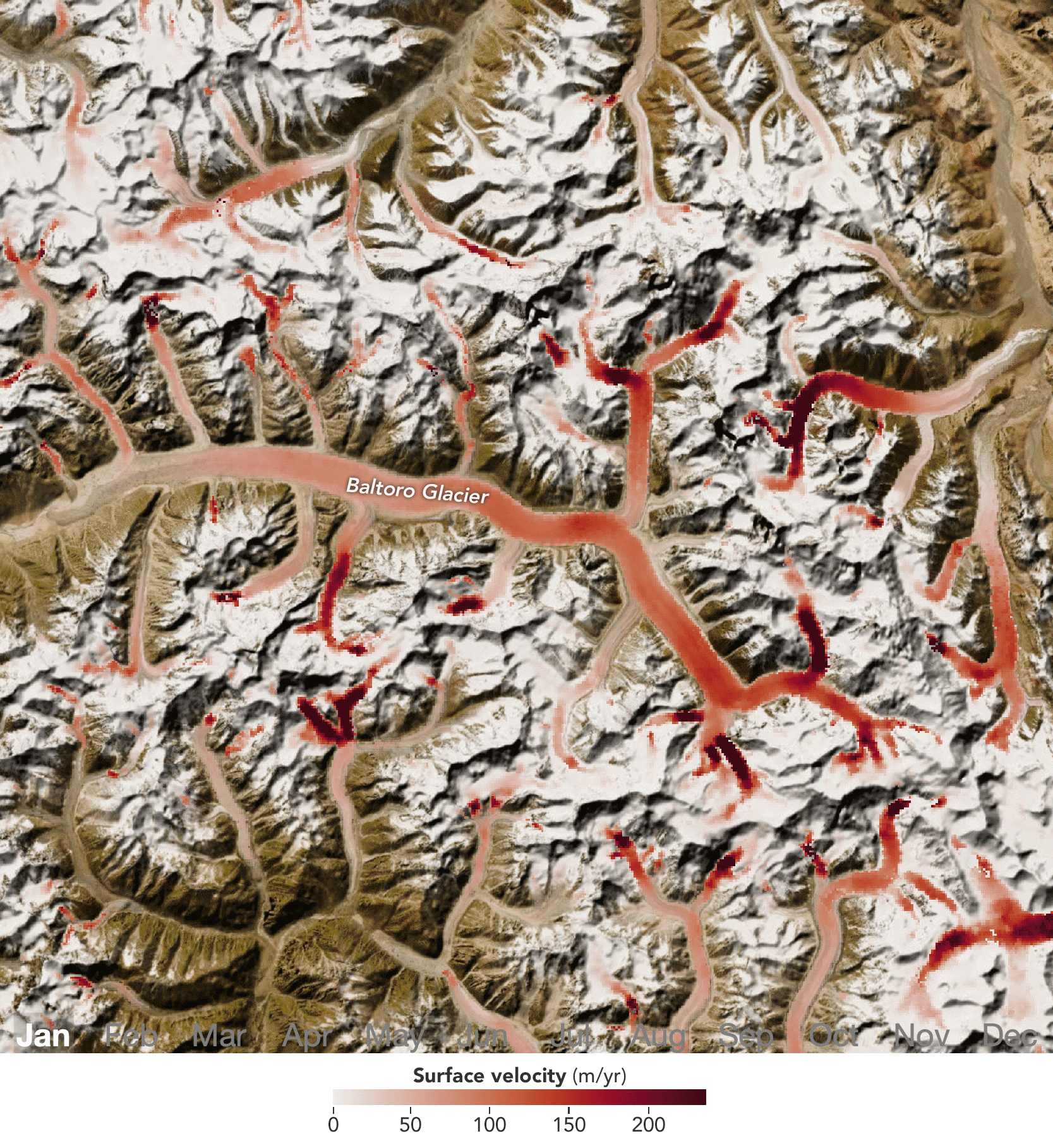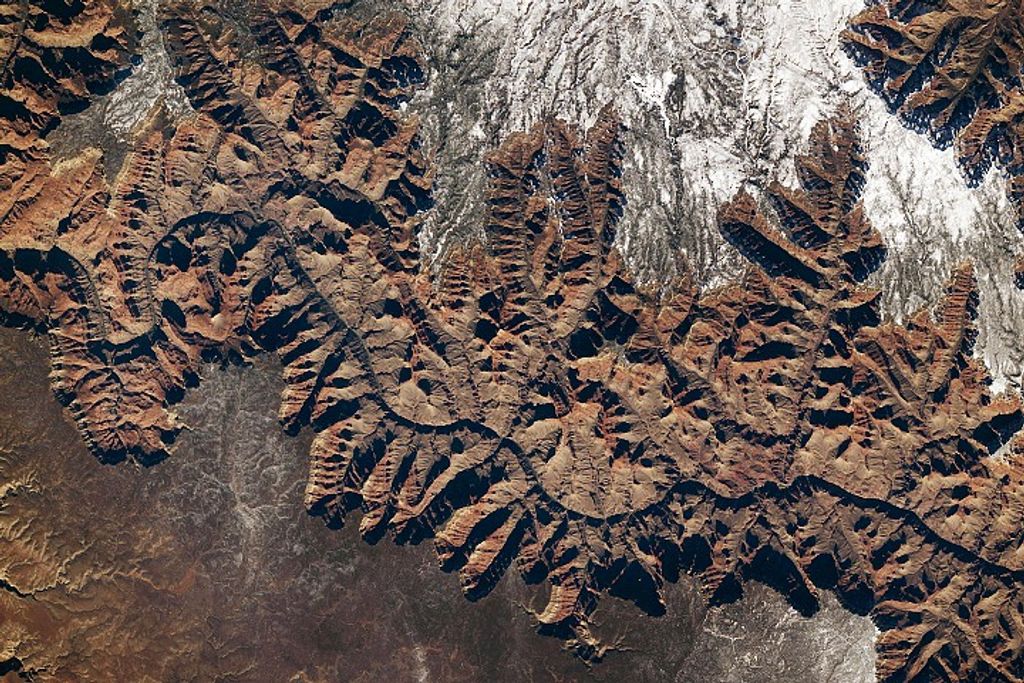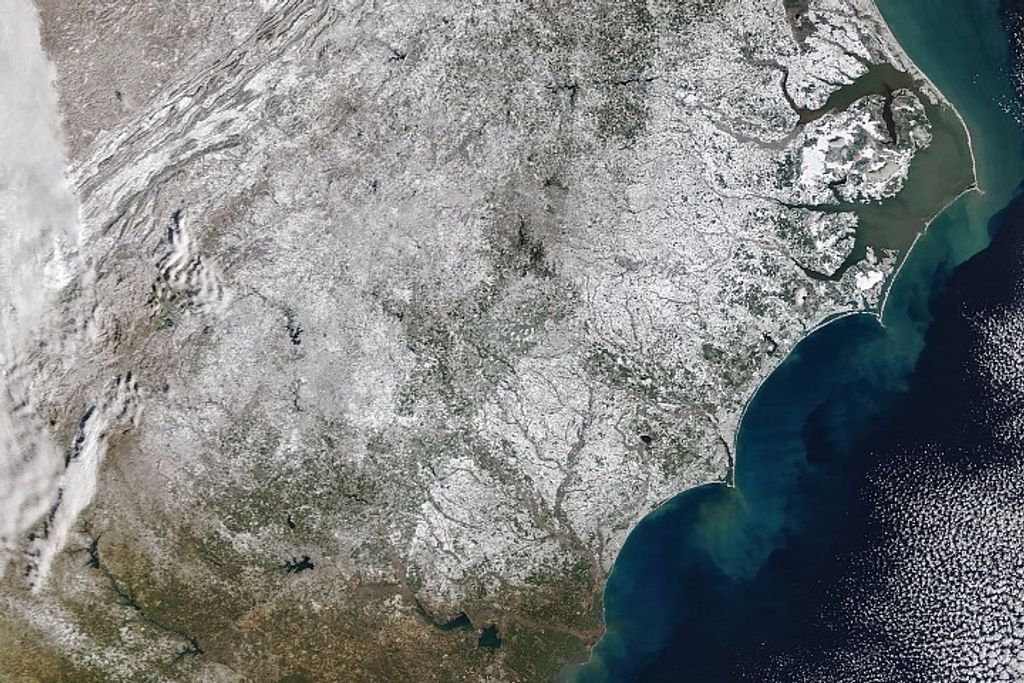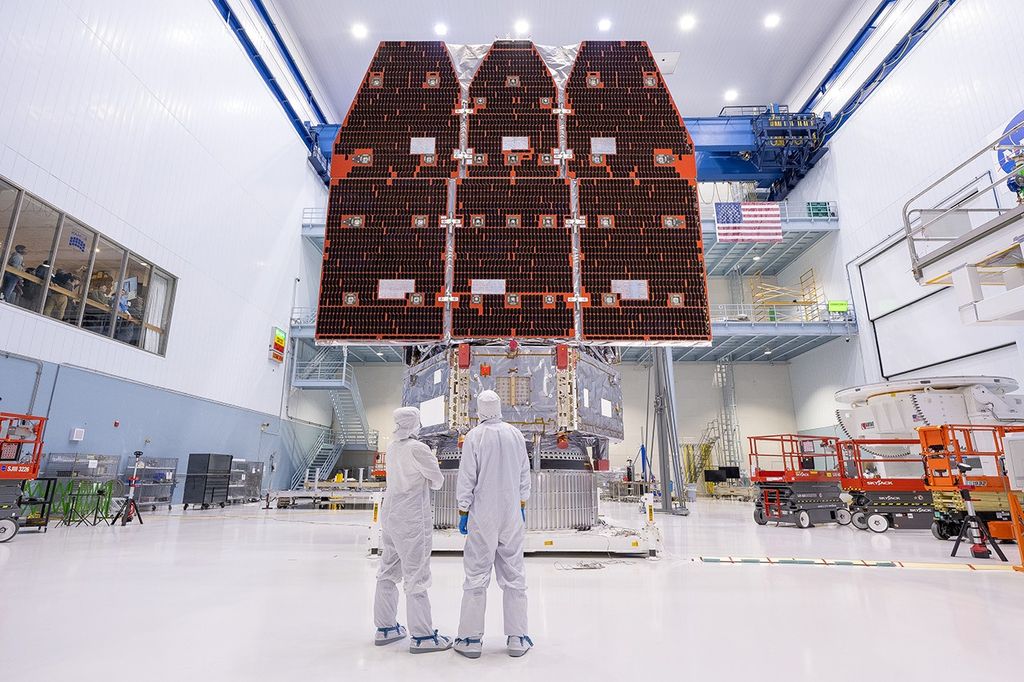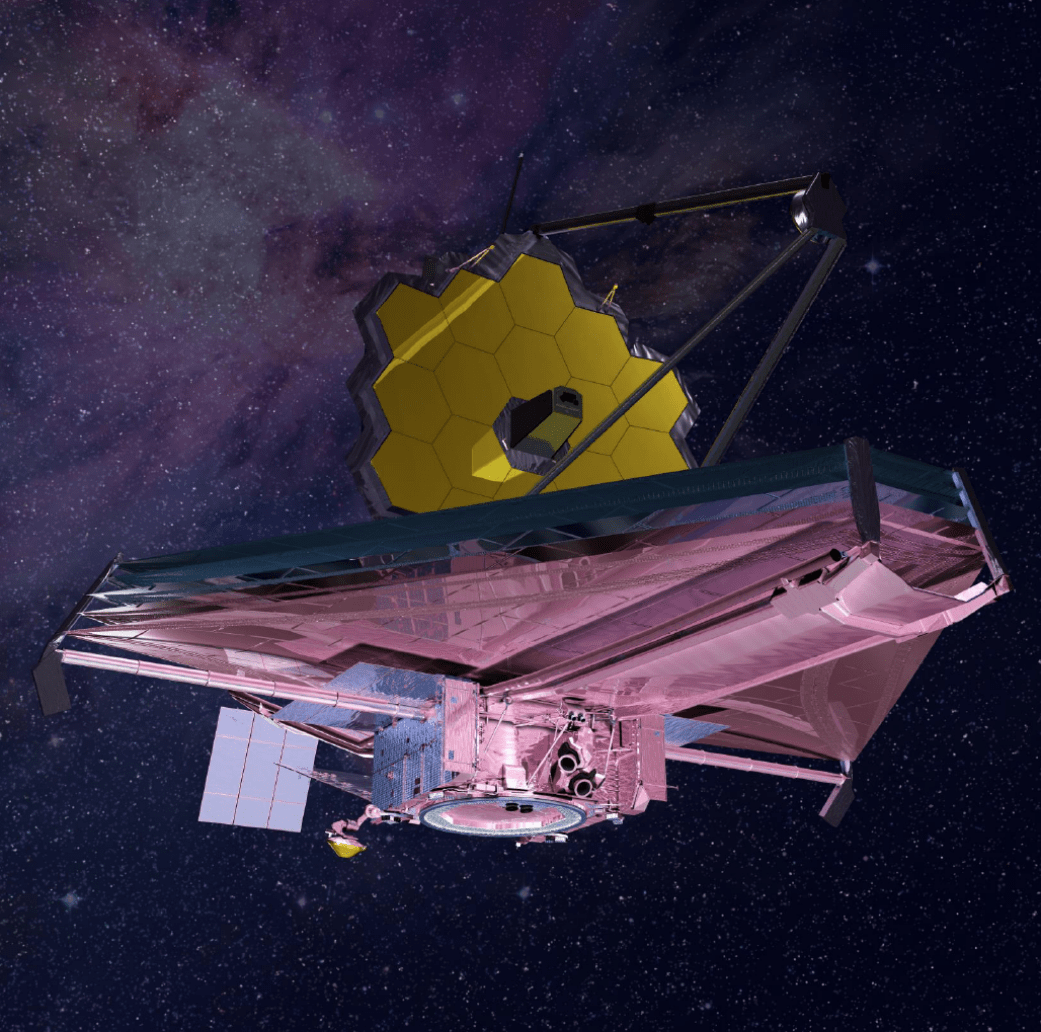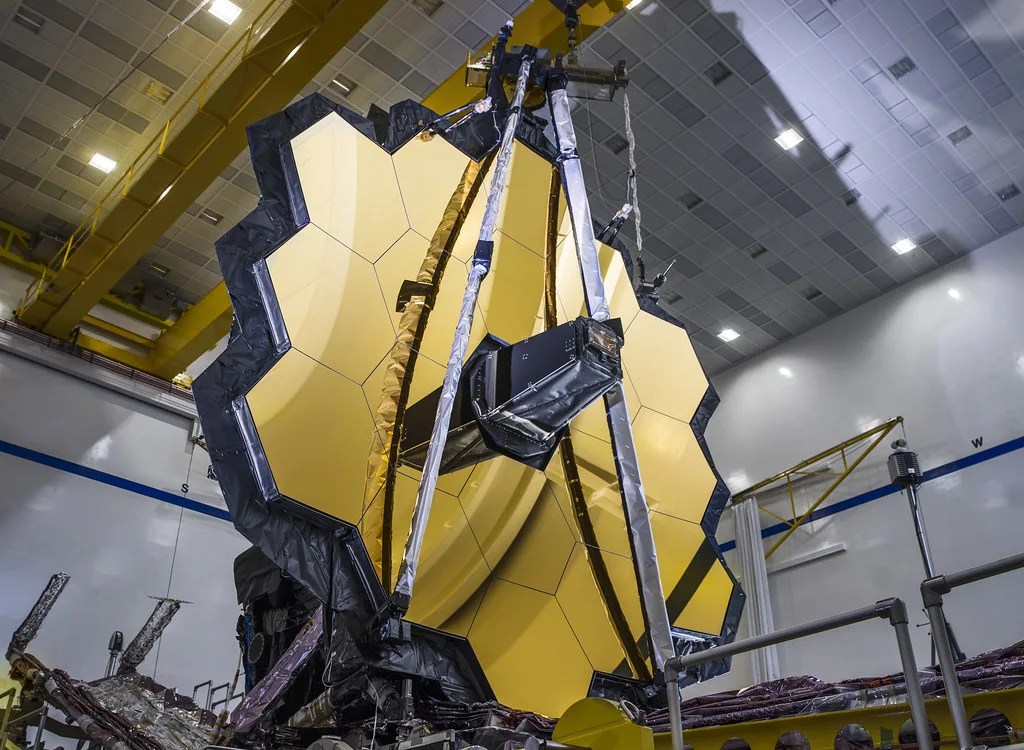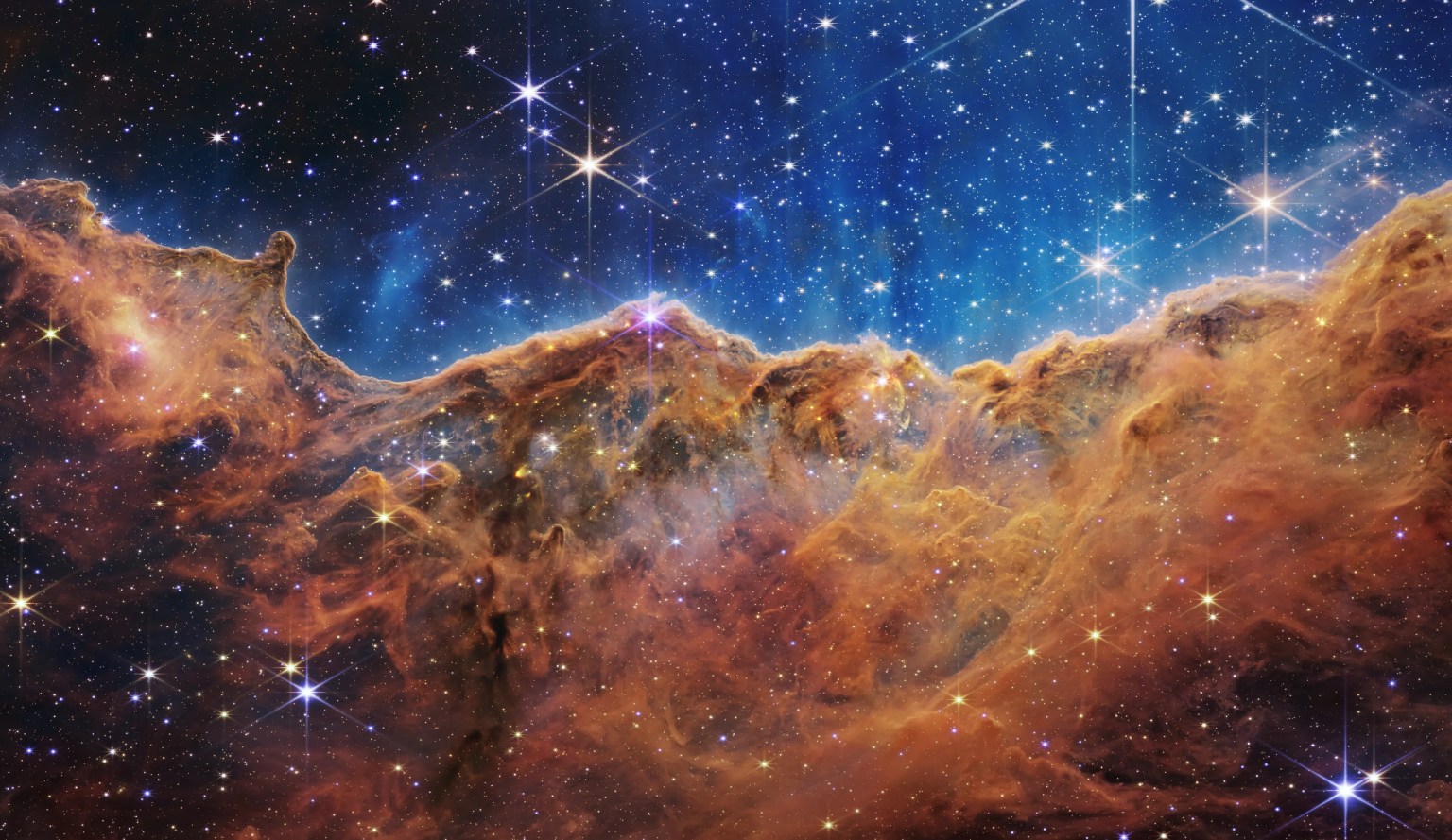1 min read
WR 140 Binary System: Top View
This animation looks down from above the orbital plane to depict the spiraling creation of dust in the binary star system WR 140. A Wolf-Rayet star — the dense core of an aging massive star — and an O-type star orbit one another, their stellar winds colliding as they get close. The intermixed stellar material blows back past the O star, forming dust as it cools.
- Release DateNovember 18, 2020
- Science ReleaseThe Cosmic Dust in Your Bones—NASA’s Webb Telescope Will Investigate the Intertwined Origins of Dust and Life
- CreditVideo: NASA, ESA, CSA, Joseph Olmsted (STScI)
Related Images & Videos
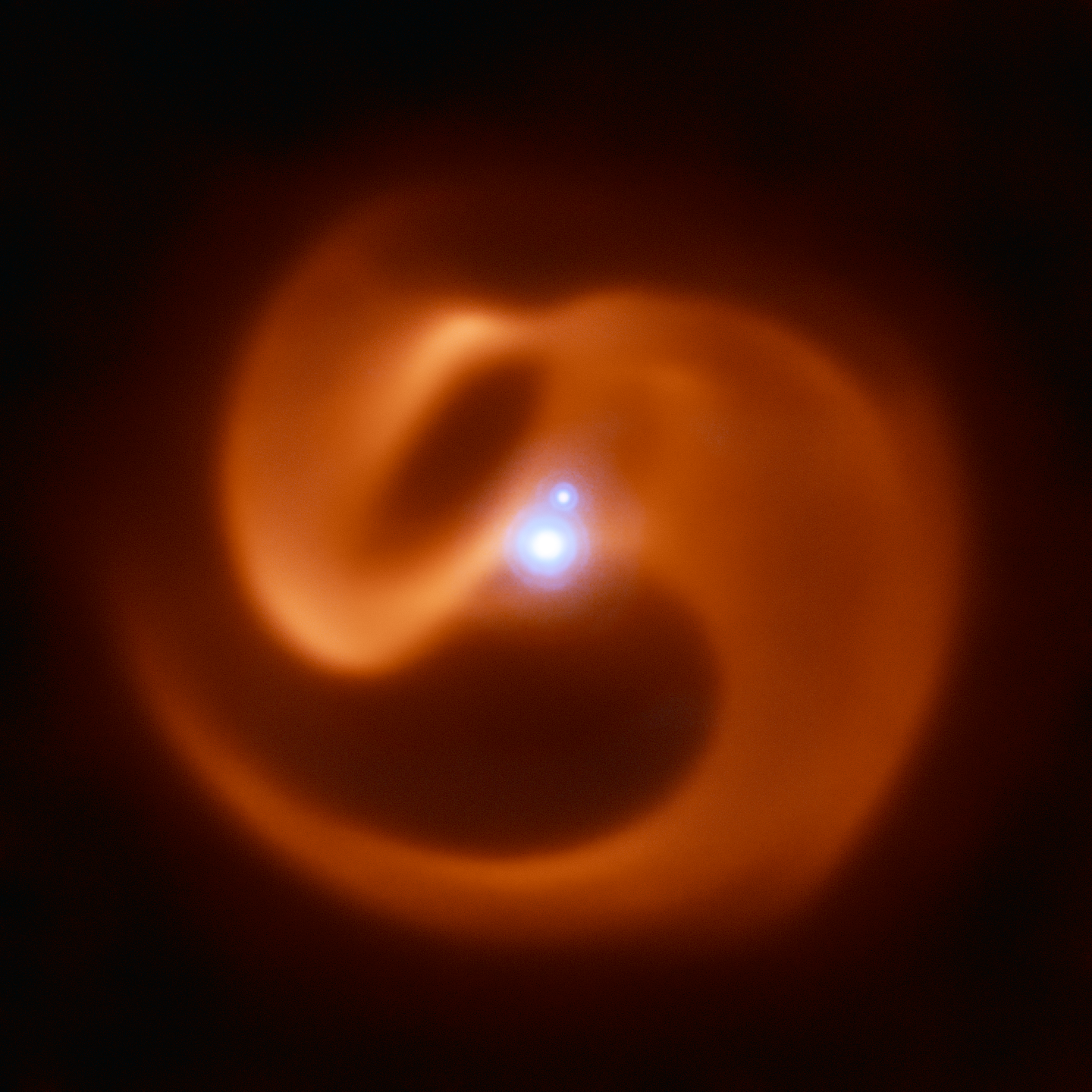
Apep Star System (VLT)
Evidence indicates that large amounts of cosmic dust are produced as the stellar winds of massive stars collide in Wolf-Rayet binary or multiple-star systems. As the stars orbit each other and dust is produced, a distinctive pinwheel pattern is formed, as shown in this image...
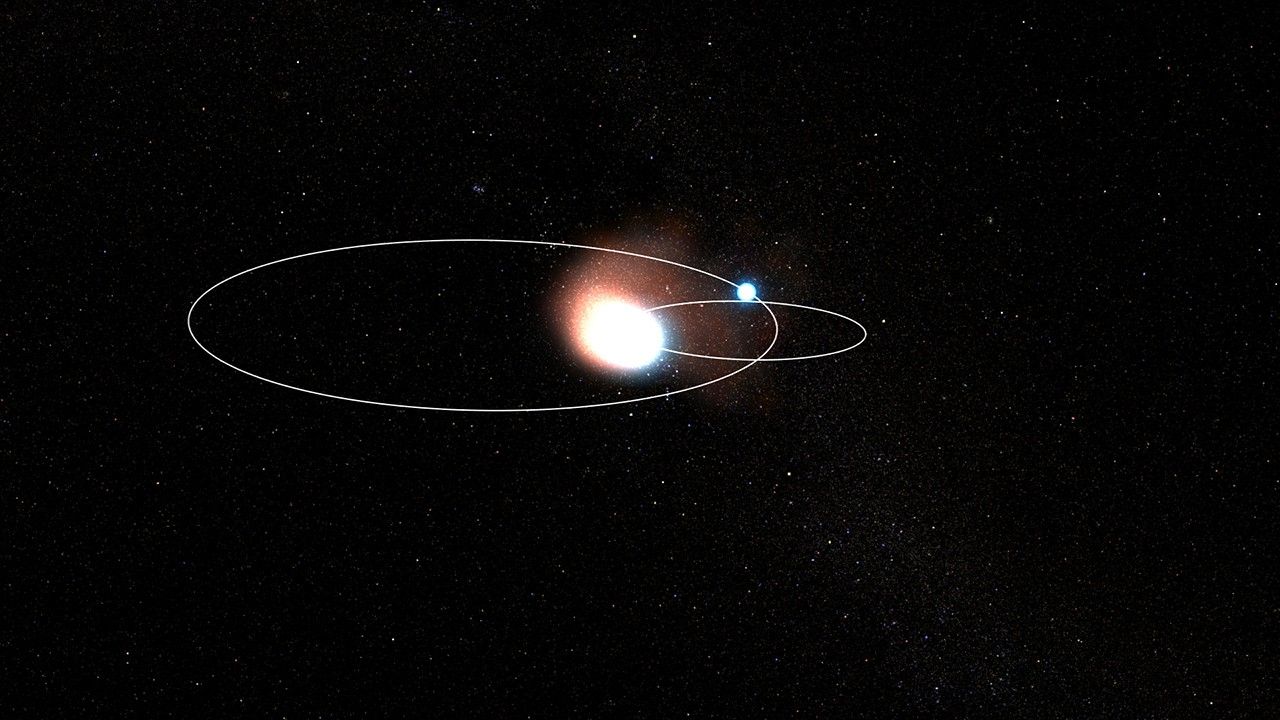
WR 140 Binary System: Perspective View
This animation shows the production of dust in the binary star system WR 140 as the orbit of the Wolf-Rayet star approaches the O-type star and their stellar winds collide. The stronger winds of the Wolf-Rayet star blow back behind the O star, and dust is created in its wake as...
Share
Details
Laura Betz
NASA’s Goddard Space Flight Center
Greenbelt, Maryland
laura.e.betz@nasa.gov
NASA, ESA, CSA, Joseph Olmsted (STScI)

